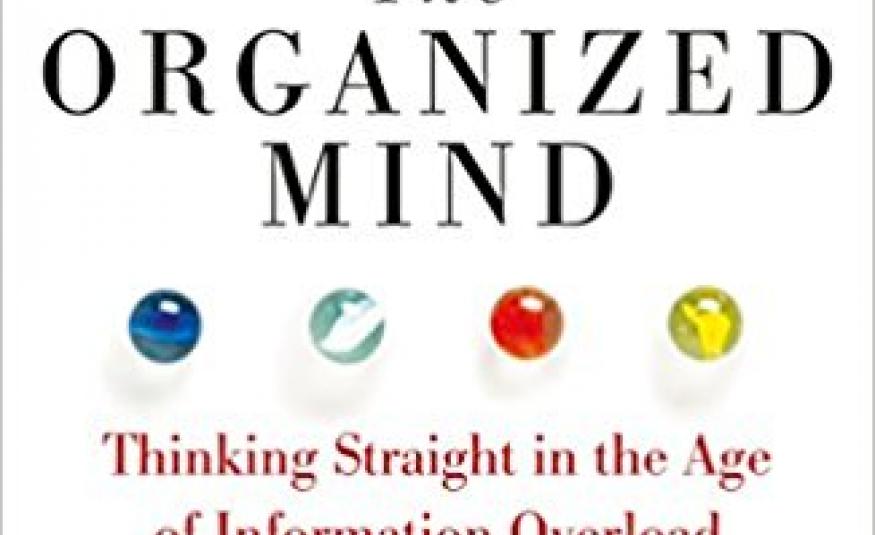

Third, the pill box itself is dead simple and obvious: if it’s Tuesday and the Tuesday cubby is empty, you took your pills. Second, there’s not any particular virtue at getting really good at remembering whether you already took your pill today. Same principle, except with life-saving and/or dangerous medications. Similarly, you probably occasionally find yourself wondering if you locked the door when you left the house in the morning. This makes it very difficult for our brains to call up any single instance, including whether you took your pills that morning. Sounds like extra work if anything, but there are a some good lessons in there.įirst, because taking pills every day is a very repetitious activity, our brain tends to mash all the instances into a single memory. You fill it up at the beginning of the week and work your way through. Levitin’s core point is the exact opposite: the strength of our current technology is instant access to nearly infinite quantities of information and we use far too much information for memorizing to be a practical solution, so we should work to encode information in our environments and develop our skills at retrieving and manipulating information rather than memorizing it.Ī classic example of encoding information in the environment is the pill box with a cubby for every day. Many scholarly types bemoan the state of learning today with particular focus on how little we know and memorize compared to “the good old days”. Those areas are our homes, social worlds, time, decision-making / healthcare, and business. The most accomplished people have assistants to help navigate the flurry, but how can the rest of us cope? Next it moves in to a summary of how our thoughts and memories work, then it takes several areas of life and applies the lessons of neuroscience to each in turn.

The Organized Mind starts with a mission statement: there’s too much information and too many demands on our time.

From the Jacket: Levitin presents recent advances in brain science as he reveals the key to how leaders in the information age excel – and how any reader can use their practical methods to regain a sense of mastery over the way we organize our homes, workplaces, and lives.


 0 kommentar(er)
0 kommentar(er)
